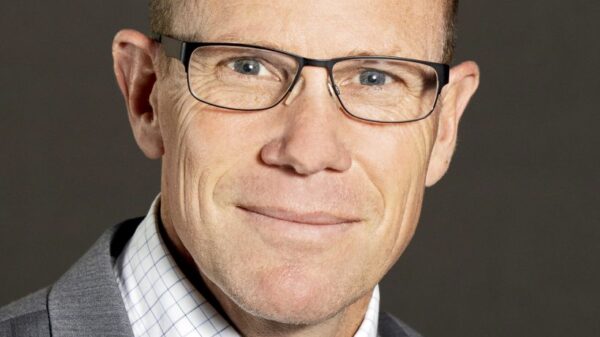Recent research highlights a compelling connection between the language women use to describe their genitals and their overall sexual satisfaction and body image. Findings published in the journal Sex Roles reveal that women who engage in more explicit or vulgar “dirty talk” report higher levels of happiness in their sexual experiences and a more positive self-image.
The study, conducted by a team led by Tanja Oschatz from Johannes Gutenberg University in collaboration with Rotem Kahalon from Bar-Ilan University, involved 457 American women of varying ages. Participants provided insights into the terminology they use for their genitals in both sexual and non-sexual contexts, alongside assessments of their sexual pleasure, self-image, and attitudes towards elective medical procedures.
Language and Its Impact on Sexual Well-Being
The research categorized the terms women use into nine distinct groups, including anatomical, vulgar, and childish language. For example, the term “pussy” was classified as vulgar, while “vajayjay” fell under childish terminology. The results indicate a significant correlation: women who utilized vulgar terms in sexual situations reported a stronger desire for oral sex, a higher frequency of orgasms, and enhanced overall sexual pleasure.
Conversely, those who employed more infantile or playful terms in non-sexual contexts often exhibited negative self-perceptions and an increased openness to cosmetic procedures such as labiaplasty. The study suggests that the context in which these terms are used plays a critical role in shaping attitudes and feelings. Oschatz noted, “The associations between language and attitudes differed depending on when the terms were used.”
Interestingly, while childish language was linked to negative feelings outside of sexual contexts, it did not carry the same implications during intimate encounters. The research found that the use of terms like “pussy” in sexual settings was frequently associated with greater pleasure and satisfaction, indicating a potential reclamation of such language as empowering for many women.
Broader Implications and Future Research
While the findings provide valuable insights, the study’s limitations include its predominantly white and highly educated participant demographic, which may affect the generalizability of the results. As language evolves rapidly, particularly in the digital age where platforms like TikTok influence societal norms, understanding contemporary terminology and its implications becomes increasingly important.
Oschatz emphasized the importance of language in shaping perceptions of self and sexuality. “Our first goal was to close this gap,” she stated, highlighting the need for further exploration into how different cultures and communities perceive and use language related to female anatomy.
This research underscores the relevance of words in fostering self-acceptance and enhancing sexual experiences. As women continue to navigate their identities and relationships, the language they choose to describe their bodies may play a pivotal role in shaping their sexual health and overall well-being.



































































